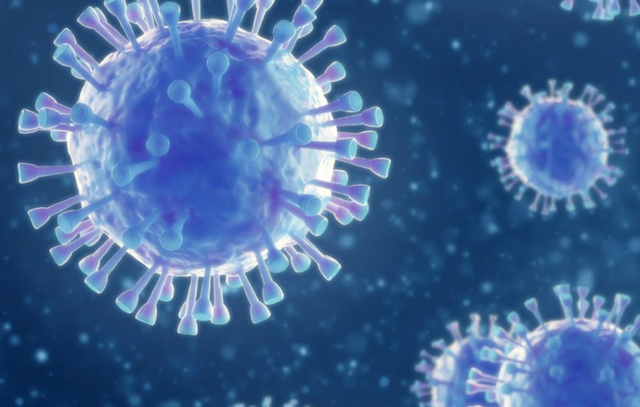A new quarantine? Multi-country monkeypox outbreak in non-endemic countries

Outbreak at glance
Since 13 May 2022, cases of monkeypox have been reported to WHO from 12 Member States that are not endemic for monkeypox virus, across three WHO regions.Although epidemiological research is still being conducted, there are no confirmed travel connections between the reported cases and endemic regions. According to the information now available, instances have primarily, but not entirely, been found among men who have sex with men (MSM) who visit primary care and sexual health clinics for treatment.
This Disease Outbreak News's goals are to increase awareness, support preparedness and response initiatives, and offer technical advice for urgently advised activities.
The situation is changing, and according to WHO, as surveillance is increased in non-endemic nations, more cases of monkeypox will likely be discovered. Actions taken right away center on providing accurate information to people who may be most at risk for monkeypox infection in order to curb the disease's spread. The best information now available indicates that those who have had close personal contact with someone who has monkeypox, while they are symptomatic, are those who are most at risk. In order to protect frontline healthcare workers and other healthcare professionals who may be in danger, such as cleaners, WHO is also working to provide guidance. In the upcoming days, WHO will offer more technical recommendations.
Epidemics of the illness
While clinically less severe than smallpox, monkeypox is a viral zoonosis (a virus that spreads from animals to humans). Its symptoms are strikingly similar to those of smallpox patients in the past. It is brought on by the monkeypox virus, a member of the family Poxviridae's orthopoxvirus genus. The Congo Basin (Central African) clade and the West African clade are the two clades of monkeypox virus. When the virus was first identified in 1958 in monkeys in a Danish laboratory, it was given the name monkeypox. In 1970, a kid in the Democratic Republic of the Congo was found to be the first known human case.
By coming into intimate contact with lesions, bodily fluids, respiratory droplets, and contaminated objects like bedding, the monkeypox virus can spread from one person to another. Monkeypox typically takes 6 to 13 days to incubate, but it can take up to 21 days.
The monkeypox virus has been shown to affect numerous animal species. There is still uncertainty about the monkeypox virus's natural history, and further research is required to pinpoint the precise reservoir or reservoirs as well as how the virus circulates in the wild. Eating undercooked meat and other diseased animal products is a potential risk factor.
Although monkeypox typically resolves on its own, it can be severe in some people, including young children, expectant mothers, and those whose immune systems have been suppressed by other medical disorders. With a case fatality rate of 3.6% compared to 10.6% for the Congo Basin clade, human infections with the West African clade seem to induce less severe disease than the latter.